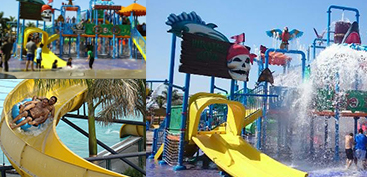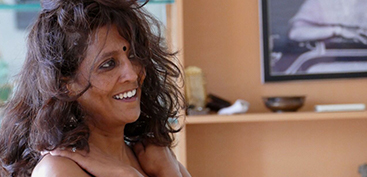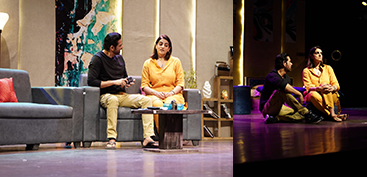Punjab Engineering College (PEC), one of the most prestigious engineering colleges in north India, has been churning prodigies one after the other, whether it is UPSC Rank 3, 2021 Gamini Singla or founder of coaching classes Ednite, Devesh Kumar, who passed out from PEC in 2021.
Now, a team from Punjab Engineering College (PEC) has been shortlisted, along with 60 other teams from across the world to compete in National Aeronautics and Space Administration (NASA) Human Exploration Rover Challenge (HERC) to be conducted in April 2023. Out of the 61 teams, 10 have been selected from India for the challenge to be held at the U.S. Space & Rocket Center in Huntsville, Alabama.
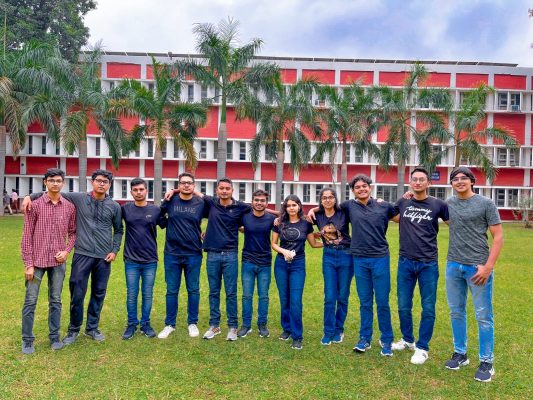
The team members from PEC team include Vanshul Goyal, Gunjan Rawat, Sparsh Aggarwal, Shashwant Rai, Muskaan Aneja, Pranav Aggarwal, Gautam Kumar, Yakshit Verma, Himanshu Goyal, Pankaj Kumar, Akshaj Paintola who are currently pursuing 2nd-year Electronics, Mechanical, Production & Industrial Engineering.
The team leader of this 11-member team is 19-yr-old Vanshul Goel from Yamunanagar, Haryana. CityWoofer spoke to him about how his team is preparing for the contest:
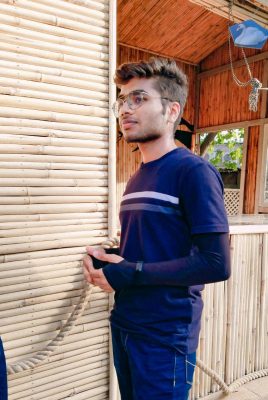
How did you get to know about the contest?
We got to know about the competition from our seniors. In August 2022, NASA had released a handbook and we were asked to create our own page and submit our reports, presentations, etc. online and we got selected. We had to send a 10 page proposal about the basic design in October. And now we are working on our project and we have to attend NASA ‘s online meeting, projects, presentations from time to time as and when required.
What is the competition about?
Throughout the nine-month challenge, each team will attempt to design, build, and test human-powered rovers capable of traversing a challenging half-mile obstacle course that is similar to the terrain of the Moon, Mars, or other rocky bodies in our solar system. In addition, students must also design and demonstrate a unique tool capable of completing various mission tasks.
Tell us more about your model?
We are designing a 4-wheeled human-powered robot without using any engine or batteries. This transport rover will be pedalled by 2 persons, one male and the other female, which will have to traverse a difficult terrain of 10 obstacles.
Why has the use of engine and batteries not been allowed?
This is because the main focus of NASA is to traverse diverse extraterrestrial terrain with low speeds because of limited available energy and sensitive science equipment on board, similar to how their rovers work on different planets like Mars.
Who is helping you in preparing the model?
Our seniors are helping us a lot with the technical and creative part, our professors and online workshops. UT Administrator Banwarilal Purohit announced to give us Rs 10 lakh which is a big boost to our logistics. Vendors in Kurali and Ludhiana are helping us with tyres and other spare parts we need; once they get to know we have to make a project for NASA, they also get interested.
How does it feel to be going to NASA?
I always wanted to go to NASA, I never thought it would come so early.
Would you like to say something to engineering students?
I don’t think I am qualified enough to say anything, but what I have learnt is that students must always participate in different projects which makes them grow exponentially. Whatever theoretical knowledge they gain in colleges must be applied through project work.
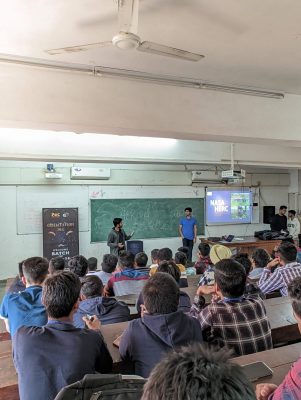
Students from PEC have earlier participated in NASA-held competitions in 2011,2012, 2013 and 2014 and now after a gap of almost eight years, PEC team is participating in the challenge. The motive of NASA Human Exploration Rover Challenge is to encourage research and development of new technologies for future mission planning. Participating teams will represent 45 colleges and universities and 16 high schools from 30 countries around the world.








